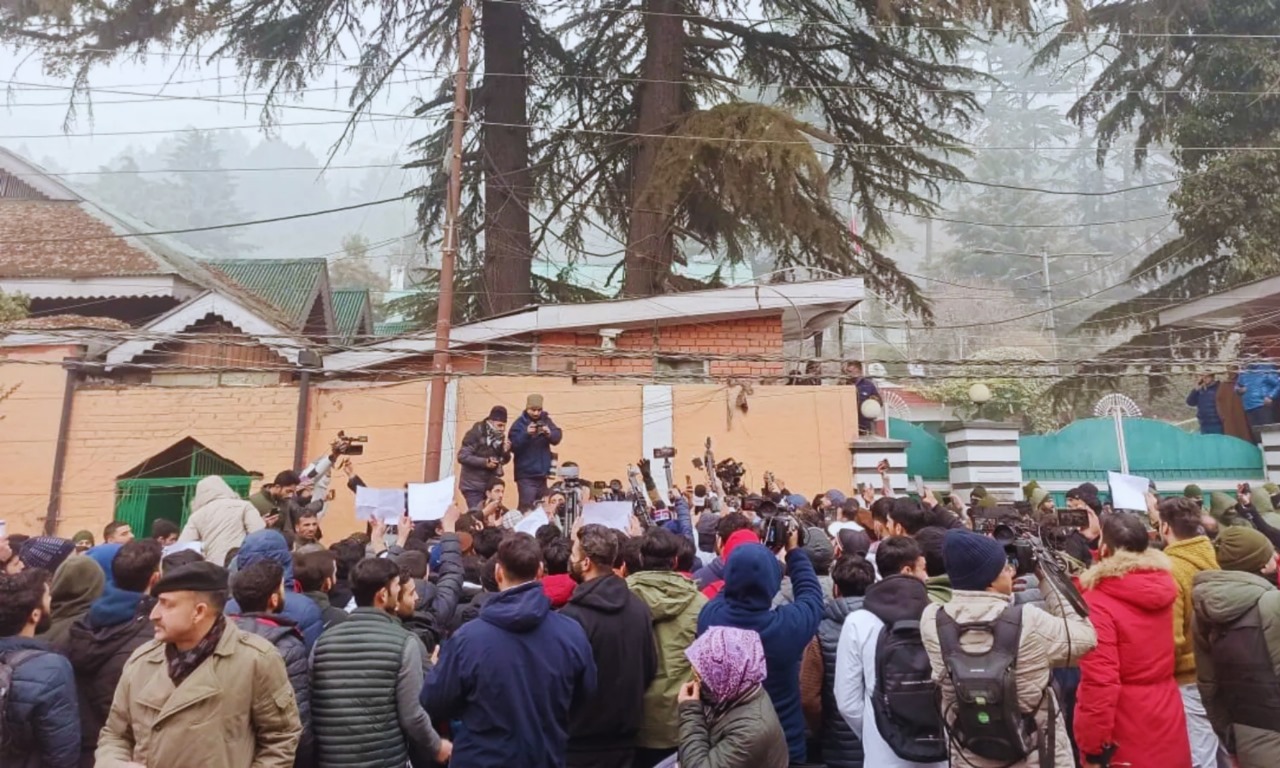Jammu and Kashmir’s Controversial Reservation Policy Amendments
The Jammu and Kashmir government is currently embroiled in controversy over its reservation policy. This policy governs job and educational institute reservations for various social groups. Recently, the National Conference (NC) government supported an amended policy in court. This occurred despite a prior commitment to review it before elections. The government faces criticism from opposition parties and within its ranks.
Background of the Reservation Policy
The Jammu and Kashmir Reservation Act of 2004 initially set quotas for different social groups. It allocated 10% for Scheduled Tribes (ST), 8% for Scheduled Castes (SC), and 20% for residents of backward areas (RBA). Additionally, it reserved seats for other categories, totalling 43%. Horizontal reservations were also included for ex-servicemen and the physically challenged. In educational institutions, similar reservations were made, culminating in a total of 50% reserved seats.
Recent Amendments by the Lieutenant Governor
In March 2024, the Lieutenant Governor’s administration amended the reservation policy. This change increased the reservation from 43% to 70% in government jobs. The Pahari community was granted ST status, leading to increased quotas. The Gujjar and Bakerwal communities opposed this categorisation. In education, the new rules maintained a 50% reservation for specific categories while reducing the general category’s share.
Opposition to the New Policy
Critics argue that the new policy violates Supreme Court guidelines, which stipulate a maximum 50% quota. They contend that reservation should not be extended to promotions or postgraduate courses. Additionally, many believe it should reflect the population demographics of the Union Territory. Numerous petitions challenging the amendments have been filed in the J&K High Court.
National Conference’s Response
The NC government established a three-member cabinet sub-committee to examine the contentious reservation policy. However, it faced backlash for not adequately addressing the concerns raised. Notably, its own Parliament member joined protests against the policy. The opposition accused the NC of “doublespeak” and misleading the public regarding its intentions.
Current Developments
As of now, the NC government has requested the High Court to dismiss petitions challenging the amended policy. This has raised questions about the government’s commitment to transparency and accountability. The situation remains fluid, with ongoing debates and protests from various stakeholders.
Month: Current Affairs - April, 2025
Category: Legal & Constitution Current Affairs


